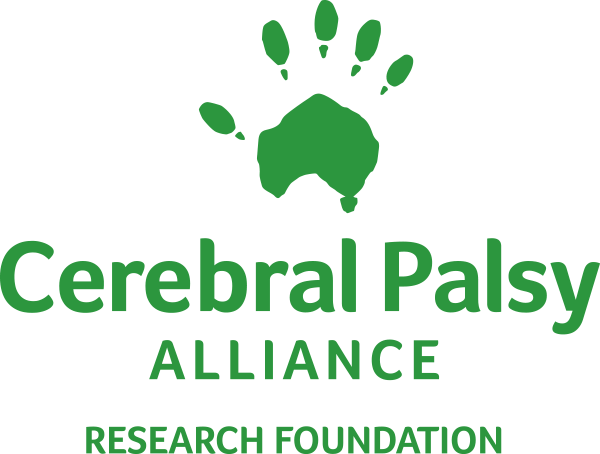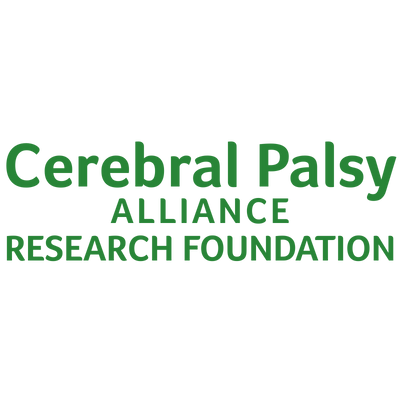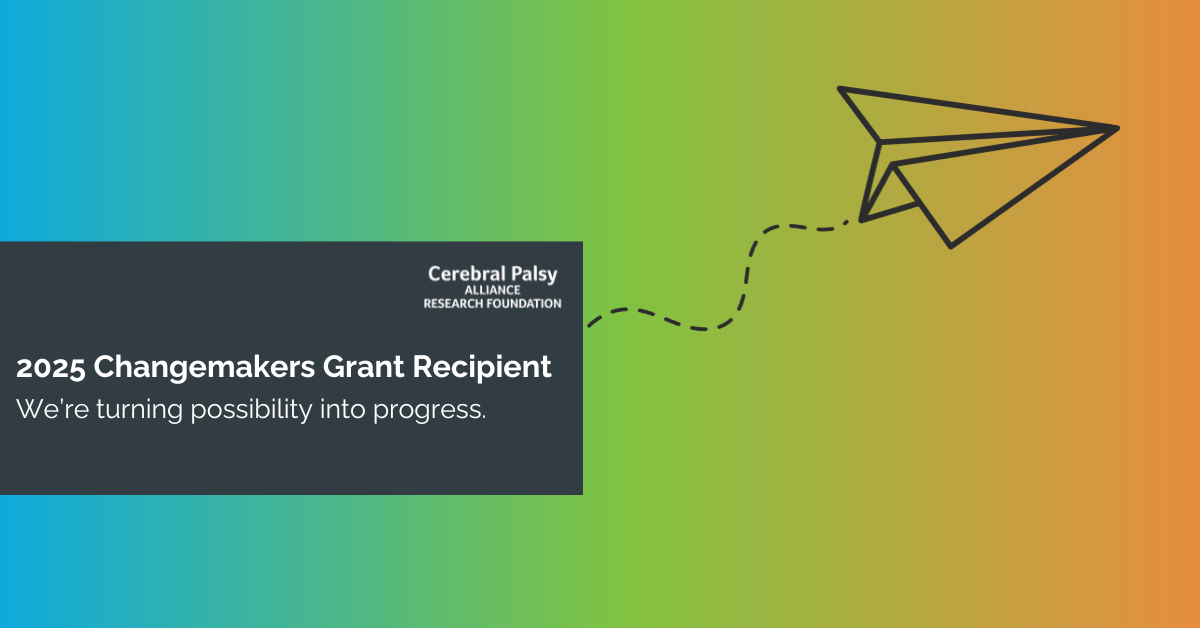
We're continuing to amplify the voices of the cerebral palsy community. Check out Morgan’s story.
MORGAN’S STORY*
By Morgan Amos
I see the world through a different lens, as do a lot of people — my difference consists of a physical disability I was born with called cerebral palsy (CP). The type of CP I have is spastic diplegia, and my lower extremity is affected, along with my vocal cords. I can't walk on my own, so I use a wheelchair to get around. I'm able to speak, but I become winded if I am talking for an extended period, and the tone of my voice starts to change. I didn't know this at the time, but my doctor informed me that the changes in my voice happen because of vocal spasms.
I've been told that I am very wordy and that once I get to talking, I can't stop. I would agree. But somewhere down the line, I fell into this insecure space, and I started noticing the change in my voice becoming more obvious not just to myself but others, and I would refrain from talking as much. From this insecure feeling is where my love for writing surfaced and grew stronger each day, and it was my way of saying how I felt when I couldn't always verbalize my thoughts and feelings.
When I think about it, however, my love for writing developed in the third grade. My teacher instructed us to keep a notebook and fill it with all of our notes, stories, etc. I didn't know it then just how I'd fall in love with something so simple yet powerful as words. Writing took me to a place where I felt free. No one stared at me because of my chair or how my voice changed. I was able to express myself with no fear, no judgment.
I became a writer because I loved the ability not only to express myself but to tell other people stories and, in some way, become a voice for them when they may, at times, feel like they do not have one. I became a writer because, at times, I too feel like I don't have a voice, and writing helps me to have one. So when it came time to attend college, there was no guessing or fussing over what I wanted to pursue. I set my sights on becoming a journalist, and I did. I obtained both my bachelor's and master's degrees from Roosevelt University in Chicago, Illinois.
From there, I set my sights on becoming the best writer I could be. And while I'm grateful for all that I have accomplished thus far, I know in my heart that my story is not over. I still have more to write, more to say. In my nine or ten-plus year career, I've had the chance to conduct interviews, write blog posts, become a ghostwriter, and become a published author. I've enjoyed it all, but the experience that had me in tears was when I had the opportunity to ghostwrite my first book for a well-deserving individual.
For those who may be unfamiliar with who a ghostwriter is and what exactly they do, let me explain. A ghostwriter is someone who agrees to either write completely or assist in writing something for someone else. It could be a book, blog post, article, etc. The details are worked out between both parties as far as project details, fees, deadlines, etc. Typically, when a person decides to work as a ghostwriter, they remain anonymous, and the credit for the work is given to the individual(s) whose stories need to be told.
However, there are certain instances where ghostwriters do receive credit for the work that they've done, and this was my case. I received credit for the book that I helped my client write. At the time, I was working for an online magazine called VMH Magazine, and my editor received an inquiry from this individual regarding assistance in wanting to write their biography. This was my first time doing anything like it. I was nervous, but given my work history with my editor, she trusted that I could do this, and I'm glad I did. In the end, both the individual, my editor, and I were happy with the final result. It was a fantastic experience that I'll never forget.
All of my experiences have helped me become the woman I am today, and CP plays a significant role in that. My disability is a part of who I am. It's how I identify. When you see me, you also see my wheelchair. What I want people to understand, however, is that we're all guilty of assuming things. But if we were to take the time to get to know the person instead of placing judgment on someone because of their appearance, beliefs, or ideas, you might be surprised at what you find.
We're all human. We all have feelings. And if anything, having CP has shown me that I am stronger than what I give myself credit for and that writing is one of the ways I can let the world in on who I am and the work that I do.
*Morgan’s story is part of KEEPING IT REAL — a series of personal stories that will take you deeper into the lives of people with CP. Each person makes different choices based on what works for them, and we’ll showcase that — highlighting what life is like for them on a daily basis, what they care about, and the ways CP impacts them.
The KEEPING IT REAL blog is intended solely to raise awareness about the varied human experience with cerebral palsy and shouldn't be read or construed to contain any medical advice or medical endorsement by Cerebral Palsy Alliance Research Foundation. Only you and your doctor know what's best for you. Please consult your doctor for medical advice.
Fri 05 Dec 2025
An update on one of our most important initiatives: expanding access to life-changing assistive technology for Native Americans with disabilities.
Fri 10 Oct 2025
We’re thrilled to share an exciting milestone from CPARF’s Changemakers Program — our inaugural community-voted research study has been selected!




